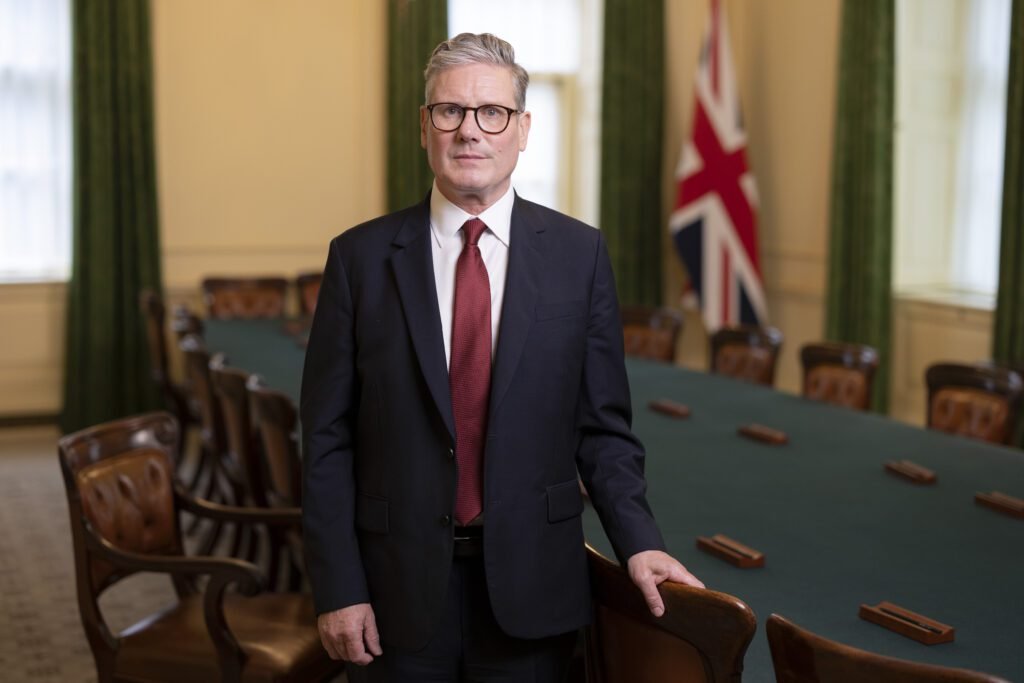Sir Keir Starmer has announced a reversal of the government’s decision to cut winter fuel payments, responding to mounting pressure from within his own party and the public. The move comes just months after over 10 million pensioners lost access to the payments following the introduction of means-testing.

During Prime Minister’s Questions, Starmer revealed that ministers would revise the eligibility threshold to allow “more pensioners” to qualify for the payments once again. However, he stopped short of confirming how many would benefit or when the updated policy would take effect, stating that changes would be addressed in the upcoming autumn Budget and would be based on what the government can afford.
Winter fuel payments, typically paid in November or December, amount to £200 annually for pensioners under 80 and £300 for those over 80. Until last year, all pensioners received the payment, but new eligibility rules restricted it to those receiving pension credit and other income-based benefits. The policy change, introduced shortly after Labour came to power, was intended to save £1.4 billion but sparked intense criticism from unions, charities, and voters.
The backlash has intensified in recent weeks, particularly after Labour suffered losses in local elections. Many Labour MPs and councillors pointed to the fuel payment cuts as a key reason for public dissatisfaction. Even those who initially defended the policy acknowledged it was one of the most frequently raised concerns from constituents.
The policy U-turn was unexpectedly confirmed during PMQs in response to a question from a Labour backbencher. Conservative leader Kemi Badenoch delayed her reaction, citing inflation as her initial priority, but later welcomed the reversal. She urged the government to provide details of the new criteria well ahead of the autumn Budget, arguing it would be too late to implement changes for the upcoming winter. She also warned against re-extending eligibility to the wealthy.
Liberal Democrat leader Sir Ed Davey dubbed the move the “longest U-turn” in recent memory and called for a full reinstatement of the payments. Meanwhile, Age UK praised the shift in direction, emphasizing that any new system should support pensioners with low or modest incomes.
Currently, pensioners must have an income below £11,800 individually or £18,023 as a couple to qualify for pension credit—and by extension, the fuel payments. Adjusting this threshold presents both political and logistical challenges as the Budget approaches.
While the prime minister’s spokesman declined to guarantee the changes would take effect this winter, he reaffirmed the government’s commitment to affordability and fiscal responsibility.
Originally introduced in 1997 by the Labour government as a universal payment, the winter fuel allowance has long been seen as a safeguard against rising heating costs. Despite changes over the years, including the implementation of the triple lock on pensions in 2010, the issue remains a touchstone for older voters. This year’s 4.1% increase in state pensions—amounting to an extra £363 or £472 annually—has done little to quiet concern over the removal of a once-universal winter benefit.








